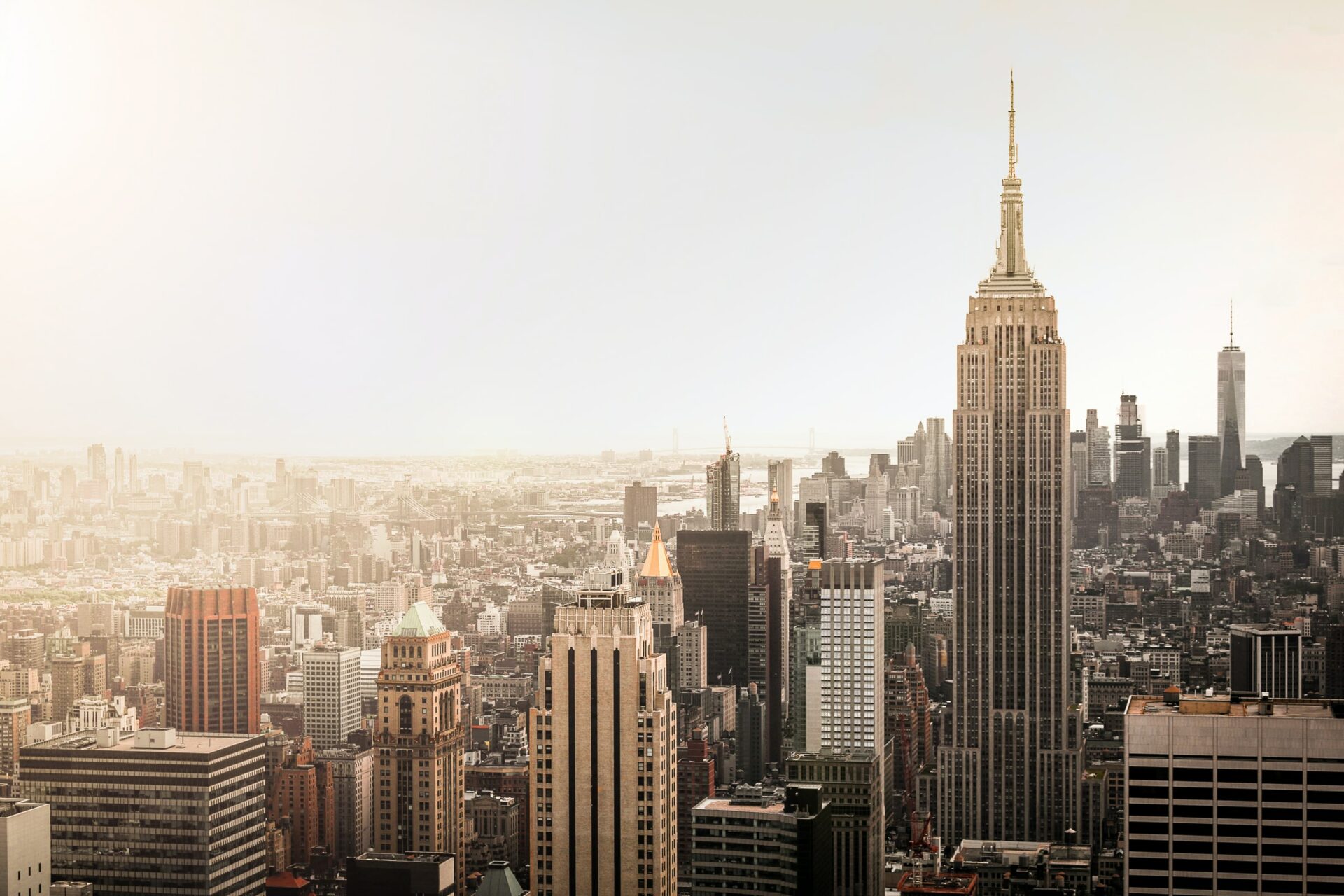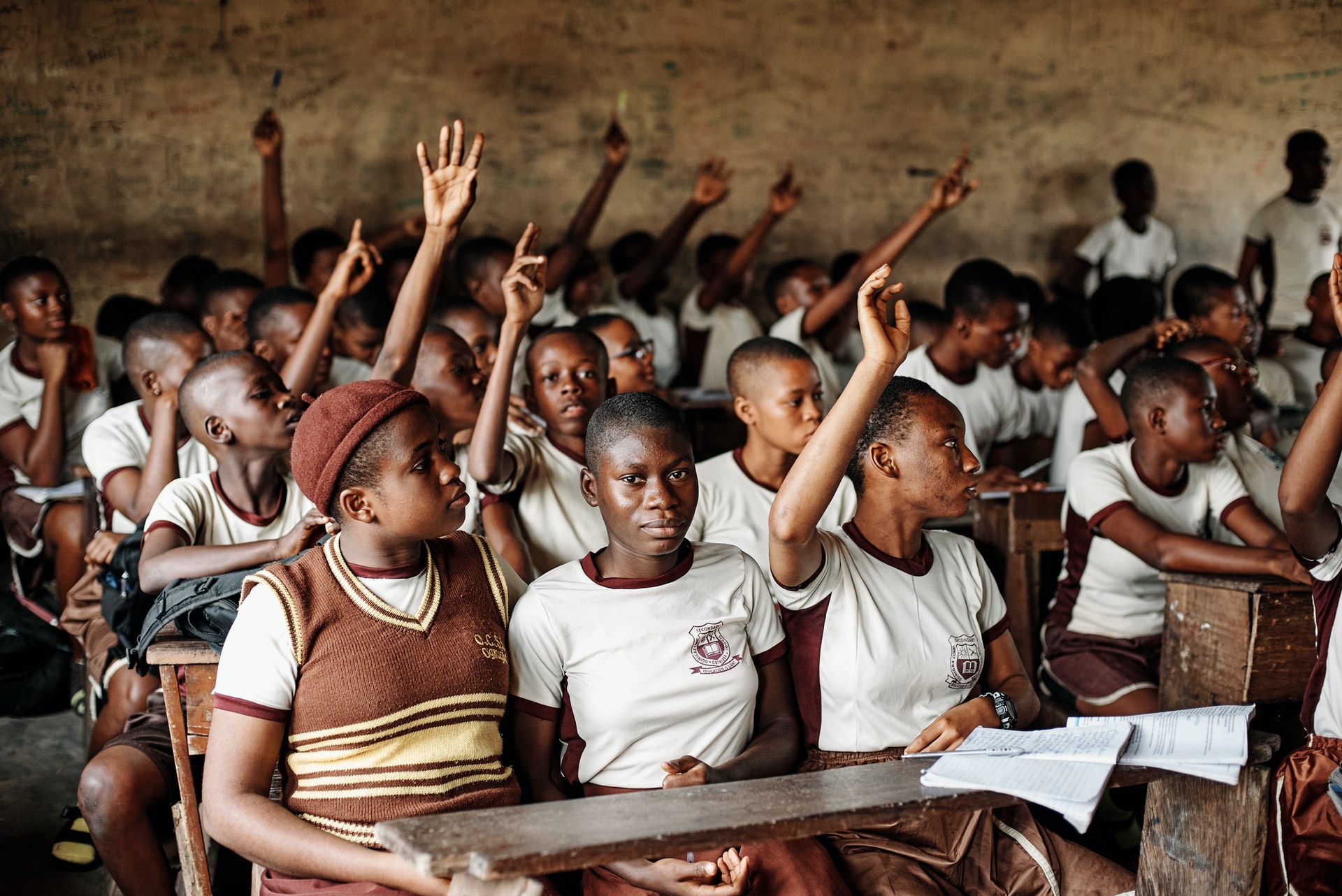Preventing New Pandemics: Comprehensive and Creative Solutions
This article is by Mikhail Treyvish, Founder, Universal crowdsourcing agency OmniGrade
One of the main lessons of the covid-19 pandemic is the need to carry out continuous systematic work to prevent new pandemics, which, as it has become clear, can be one of the main challenges and threats to the future of human civilization.
Moreover, the solution to this problem cannot be reduced to traditional anti-epidemic measures – we need comprehensive and extraordinary solutions of an economic, legal, educational and social nature. In this article I will list six such solutions formulated thanks to the “City of the Future” crowdsourcing project.
1. De-urbanization
The city in its modern form, assuming a concentration of the population on a small territory and frequent contacts between residents, for example, during rush hours in public transport, becomes a factor contributing to an increased risk of epidemics. At the same time, it is impossible to give up the advantages of cities in the form of simplified access to cultural objects and events or, for example, fast and high-quality medical care.
Therefore, we must strive for a de-urbanization that will not destroy these advantages of cities.
This is possible either by creating conditions for easy and quick access to urban privileges for rural residents or by reducing the negative consequences of urbanization for city residents (for example, by creating a system that supports remote work or by developing city parks, as described later).
2. Epidemiological safety of buildings
Each of the buildings in the City of the Future could have an epidemiological safety class assigned to it according to a special methodology. It could depend on the quality of ventilation, air conditioning and air disinfection systems, the availability of a sufficient number of elevators and the adequate entrance space (to avoid excessive crowding of people), the use of building materials that prevent the long-term survival of viruses and bacteria and allow rapid disinfection and other parameters.
3. Educational programs in the field of epidemiology
It is advisable to create conditions for the majority of residents of the City of the Future to gain basic knowledge in the field of epidemiology, which will allow them to make informed decisions about managing personal risks (and the risks of their family) during future epidemics. This could start with a course on epidemiology in schools and also include special online educational programs available to all residents of the City of the Future.
4. Creating the most comfortable conditions for remote work
If remote work becomes the norm for most city residents, it will not only reduce the rate of spread of epidemics that have already arisen, but, perhaps, prevent the emergence of a number of new epidemics, as it will reduce the number of contacts between people in offices, public transport and other places.
Considering that the creation of 100% of jobs involving remote work is probably an unattainable goal, it is worth striving for jobs with a hybrid schedule, assuming, for example, the presence of a person in the office (or at production site) two days a week. In the pre-covid-19 era it was assumed that a person spends two days a week with his family. By analogy, two days a week should be enough for face-to-face contacts with colleagues or customers.
At the same time, it would be worth to create convenient working conditions in the houses and apartments of city residents, as well as in all places where city residents can visit: parks, museums, shopping malls, and so on. Premises for such temporary work can be considered as an analogue of children’s playrooms or playgrounds. If children are given the opportunity to temporarily play in a shopping center or park, then adults may also be given the opportunity to temporarily work there.
5. Development of city parks
The larger the area in the city will be occupied by parks, the fewer city residents will spend time in enclosed spaces, where the risk of the spread of viruses and other pathogenic microorganisms is particularly high. For the development of the park system it is advisable to reconsider their role in the life of the city. They should become not only a place of recreation, but also, perhaps, a place of work and education for city residents. If we come up with such a system of monetization of parks, in which the placement of a park on a certain territory will be no less profitable than the construction of a building, we will be able to come to a system of municipal and private parks covering most of the urban area.
6. Transition to real-time city
The ability to analyze urban data and respond to it in real time solves many tasks, including the task of preventing the spread of epidemics. This can be achieved, for example, by analyzing realtime data on excessive concentrations of people (especially if there is information about the presence of people there who could contact infected people) and instant response to them.
About the “City of the Future”
The City of the Future is a crowdsourcing project aimed both at describing how advanced cities on Earth will look like in 2035-2040, and at identifying and finding solutions to the most significant problems and challenges that the urban population will have to face.
The project has two main objectives:
1) To predict the main trends in the creation, planning, functioning and development of the Cities of the Future in order to provide valuable information to city authorities, construction, transport, tourism and other interested companies and organizations, as well as to all people who are interested in forecasting the future.
2) To find optimal solutions to tasks that will make the urban environment of the future more comfortable, safe, creative and friendly to people.
These objectives are solved with the help of intelligence, imagination, creativity and curiosity of volunteer experts of different professions and nationalities who have shown personal interest in the project.
The operator of the project is the Universal crowdsourcing Agency OmniGrade, the sponsor is Coteccons construction company.
This article is by Mikhail Treyvish, Founder, Universal crowdsourcing agency OmniGrade




